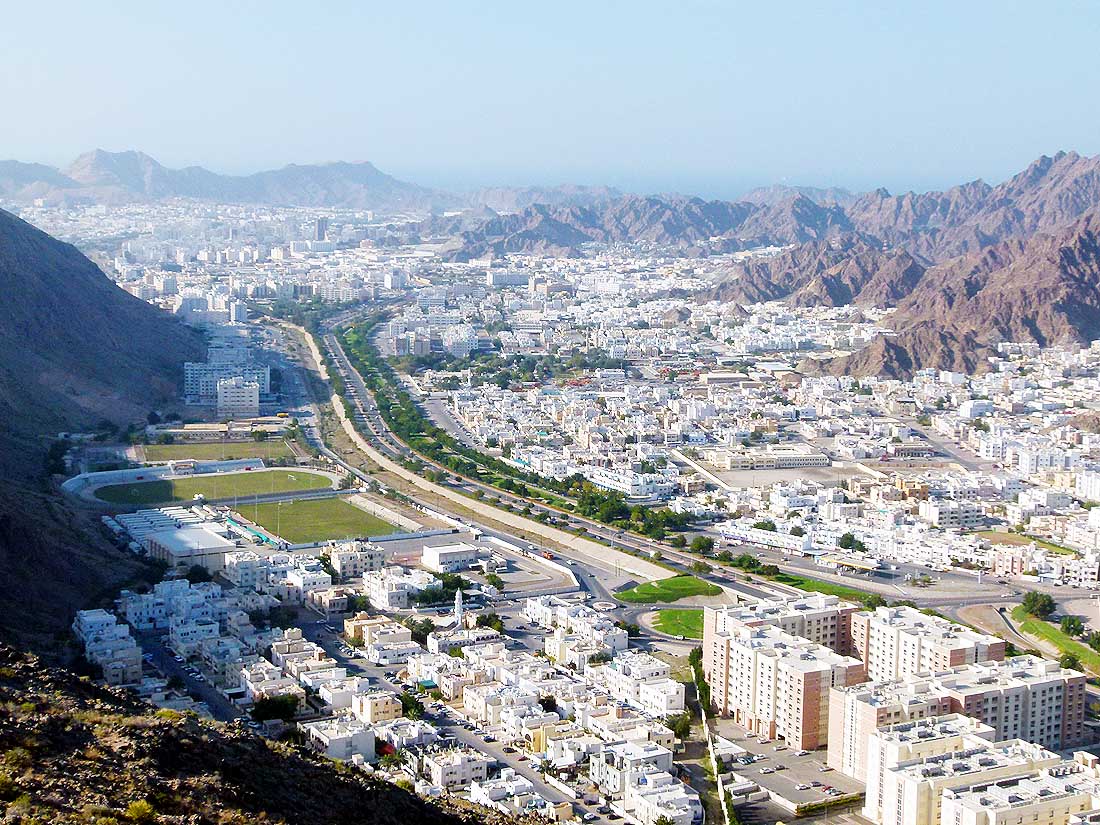

Non-oil revenues earned by the Omani in the form of corporate income tax, customs duties, telecom royalties, stake sales, and profits and dividends from government investments, among other miscellaneous taxes and fees, rose 8.6 per cent in 2019, partly offsetting a steep decline in earnings from oil and gas exports – long the mainstay of national revenues.
According to the newly published Statistical Year Book 2019 of the National Centre for Statistics and Information (NCSI), total non-oil revenues climbed to RO 2.589 billion last year, up from RO 2.382 billion a year earlier. The uptick, albeit modest, helped alleviate a deficit totalling RO 2.622 billion last year.
Taxes on companies and profits of establishments were a key source of non-oil revenue, netting the government RO 625 million last year, up from RO 463 million in 2018. However, property taxes (covering both municipal tax on rents and tax on real estate investments) amounted to RO 99.332 million, down from RO 105.581 million in 2018.
Buoying non-oil earnings was a new excise tax dubbed ‘Selective Tax’ that came into force on a select range of products deemed harmful to health, notably tobacco and its derivatives, energy and fizzy drinks, alcohol and pork products. Following it introduction from June 15, 2019, the new tax added RO 38.651 million to the treasury last year.
In all, domestic taxes on goods and services, which encompass Selective Tax as well, generated RO 204 million in revenues last year, up from RO 158.7 million in 2018. Also included in this sub-category are Vehicles Licenses (RO 65.7 million), Hotel & Entertainment Taxes (RO 31.8 million), taxes on concessionary use of airports and seaports (RO 28 million), Business and Professional Licenses (RO 16.4 million) and Telecom License Fees (RO 37.5 million). Customs duties, on the hand, slipped to RO 234.4 million last year, down from RO 277.3 million in 2018.
Another key source of revenue came in the form of levies imposed by the government on companies importing foreign manpower. A total of RO 242.4 million was earned from this category last year, down from RO 258.5 million a year earlier - the downtick reflecting the decline in the number of expatriates in the workforce amid an economic crunch sparked by a slump in international oil prices. Likewise, fees earned by the Department of Immigration and Passports too dipped to RO 52.3 million last year, down from RO 67.7 million in 2018.
Revenues from government investments slumped to RO 313 million last year, down from RO 512 million in 2019, according to NSCI’s annual report. It included RO 260.6 million in profits and dividends from government investments, down from RO 428.4 million a year earlier. Earnings from the sale of government stakes in public and private establishments totalled RO 166.8 million last year.
Earnings from services provided by government ministries and public sector agencies climbed to RO 198.4 million in 2019, up from RO 124 million 2018. These revenues came from the water sector (RO 50.1 million), airport operations (RO 71.5 million), and telecom services (RO 75.6 million).
Oman Observer is now on the WhatsApp channel. Click here



